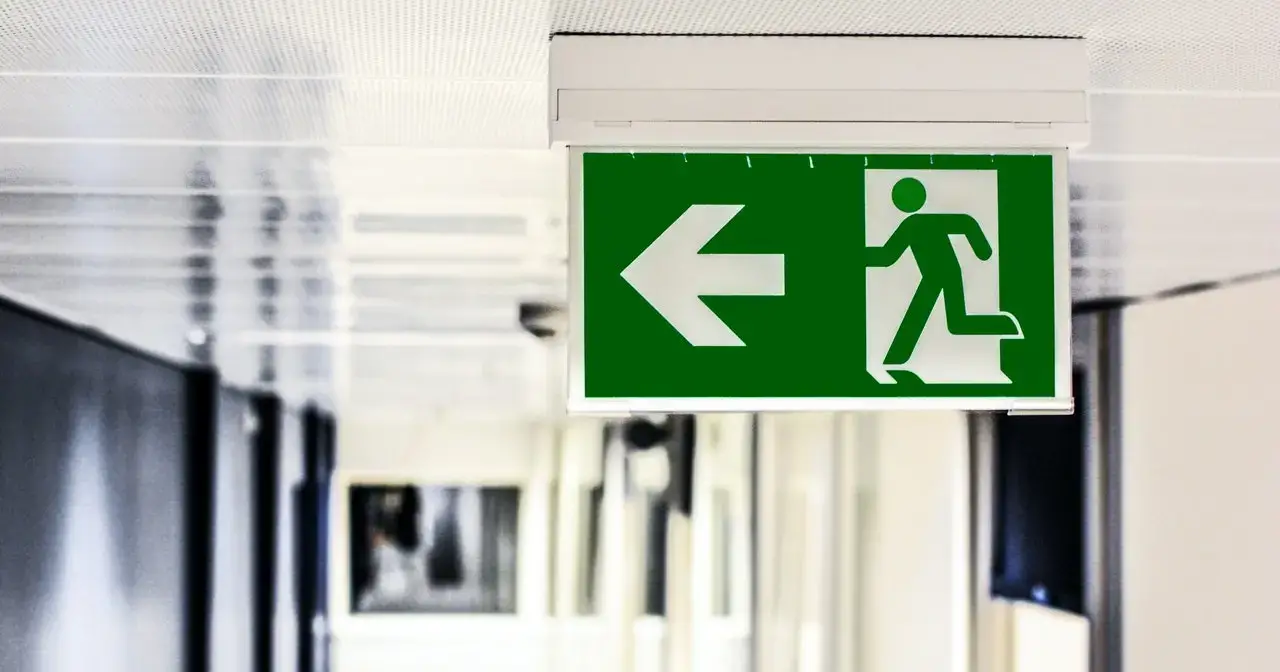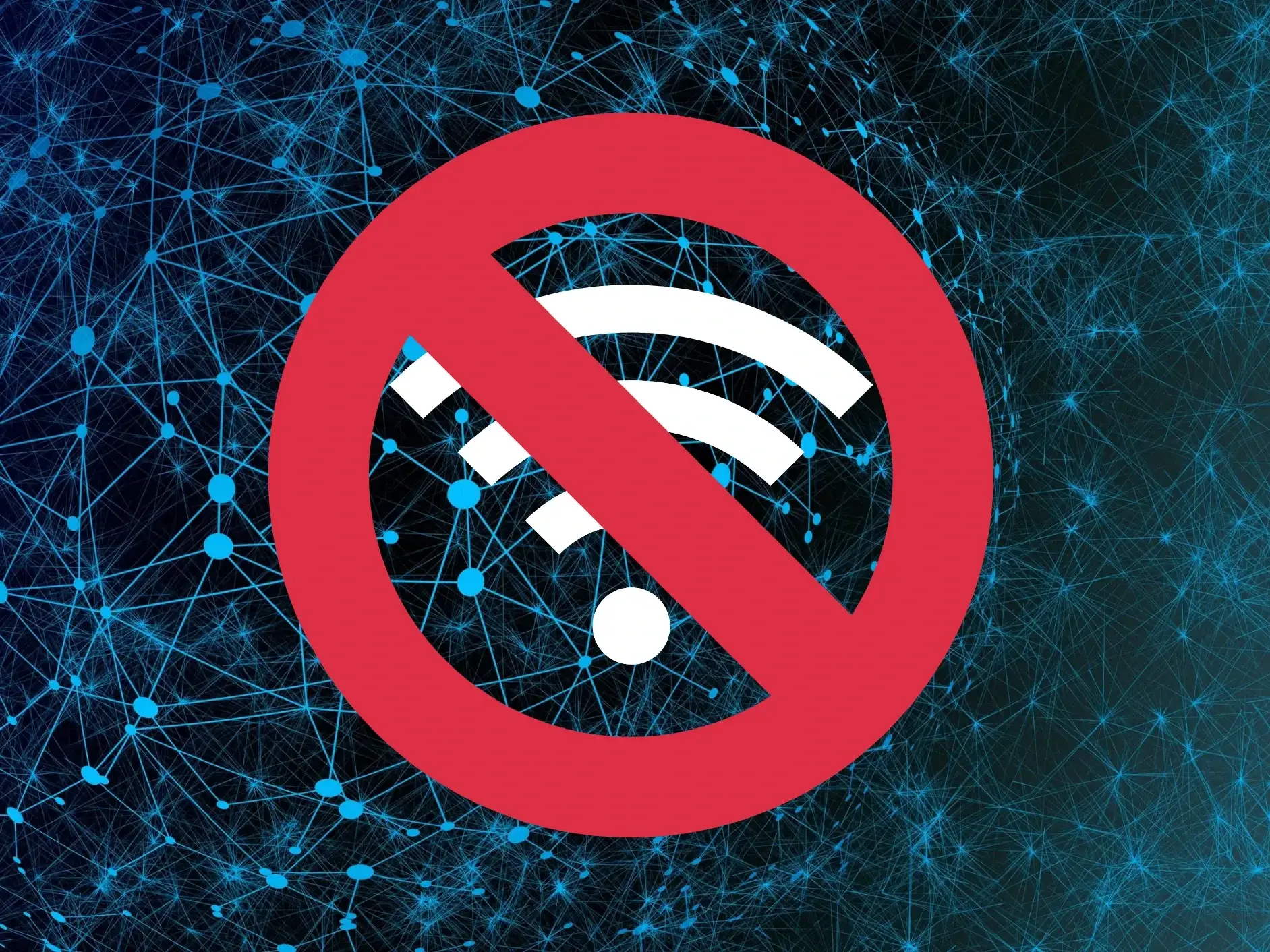How Smart Devices can Protect your Home From Disaster
Updated on 31st Aug 2020 20:26 in Smart
One thing no one likes home and property damage. From water leaks to fires, many things can threaten the safety of your home. Protecting your home is one of the best uses of smart technology as they can continuously monitor different aspects of your property to detect any sign of trouble before it's too late. No one is immune to disasters, and so everyone should be looking for ways to reduce their risk.

Table of Contents
Water damage
Water is likely one of the most underestimated types of internal damage. A single pipe dripping at a rate of 1 droplet per minute (very slow) will unload 16 litres of water below it within a month, an amount that is sure to deal severe damage to anything around. Collapsed ceilings, mould, carpet damage are just a few of the long list of potential consequences of an unchecked water leak - be it big or small.
Luckily several smart devices can help reduce the risk of such an event happening to you. The first is a water leak sensor which will trigger an event on the occasion that water is detected near it. These are really great for placing under sinks where pipes could burst, sending water down multiple floors of a building. Most of these are relatively cheap and cost around 30$-40$ each, which isn't a whole lot considering it could save you from spending thousands of dollars on repairs.
I recommend the use of these sensors, starting from the highest point in a given building, working down towards the basement. Using this method, if you can't afford to get enough devices to cover every area that may be susceptible to water damage, at least you will have coverage on the spots that have the highest potential for loss. A leak on the top floor will have a much more significant impact than one in the basement as the water flows down, destroying anything in its path.
To get even better protection from the threat of water damage, a smart valve can be used on the main water pipe coming into the home. This valve can then be shut automatically if any of the water sensors detect a water leak in a susceptible area. Automatic water shutoff may be at risk of falsely triggering if the water sensors incorrectly detect a water spill as a leak. Still, intelligent positioning of the sensors should reduce this risk. Finally, most people would agree that a false shutoff now and then is a small price to pay for the added security that the water will stop its self if there is a leak in the house.
Fires and carbon monoxide
Fires are very terrifying and can happen to anyone, anywhere. Almost every home in the world will have smoke detectors designed to notify and wake anyone who might be sleeping during a fire. These devices are great, but smart versions of these also exist, which can have the added benefit of sending you a notification should the system be triggered.
If your home does not already contain an alarm system that uses remote monitoring, a smart smoke detector can help you get emergency services to your home while you are away. Many homes have systems installed that dial for help automatically when smoke is detected, saving residents from having to worry about calling emergency services during an already stressful situation. The value of such a system is amplified when there is no one home as small fires can be detected and extinguished before they destroy the entire building.
Many smart smoke detectors also function as carbon monoxide sensors which is a critical device to have in any home equipped with a furnace or other source of combustion. Carbon monoxide is the result of partial combustion where the oxygen provided was not sufficient for the reaction to complete. The reason it is so dangerous is that your body can not tell the difference between O2 (oxygen) and CO (carbon monoxide), which leads it to absorb CO instead of oxygen causing people to suffocate.
It is completely odourless, colourless, and other than the symptoms of oxygen deprivation there is little one can do to identify carbon monoxide poisoning. As such, everyone must have a CO detector in their home, and these smart devices offer a great way to do so. In addition to providing you with an audible alarm when smoke or CO is detected, they can also notify the smart home controller. It can then do any number of things with the information, such as mechanically open windows or ring its own alarm to increase the chances that it will be heard.
Smart devices and safety
One thing that must never be forgotten is that there is no room to mess with safety. As a result, you should always have multiple systems in place to deal with the safety of you and your family. This means having numerous smoke detectors of different intelligence levels, such as two dumb detectors and two smart detectors placed in similar locations. While also having multiple ways to detect the presence of carbon monoxides in the air, such as using a combination of intelligent detectors and regular detector devices.
No amount of saved money is worth a human life, as such, it is imperative to heed these warnings about redundancy and to never rely on a single source of information. While alarm fatigue is a thing (when too many alarms go off regularly, so they become normal), it is far better to have a false alarm than to not be woken up when danger is looming.
Finally, I recommend never attempting the use of a DIY solution when it comes to safety-related devices. Comercial solutions must go through rigorous testing to ensure they comply with tight safety regulations that are in place to prevent terrible things from happening. While we love doing things ourselves, we can not overstate the importance of using high-quality commercial products for the safety of everyone.
Summary
Domestic disasters like flooding or fires are genuinely terrible things that can happen to anyone. Many off the shelf, smart devices offer attractive options for reducing the impact these events can have on you and your home. Appliances like water sensors can help shut off the water when a leak is detected, while smart smoke detectors can help notify you of a problem even while you are away.
Getting a bit fancier, it is possible to use these devices to have automations in place when certain things happen. An excellent example of this is using a smart valve to shut off the water mains if a leak is detected somewhere in the house - all without human intervention. This can prove invaluable should a leak occur while residents are sleeping or away from home.



